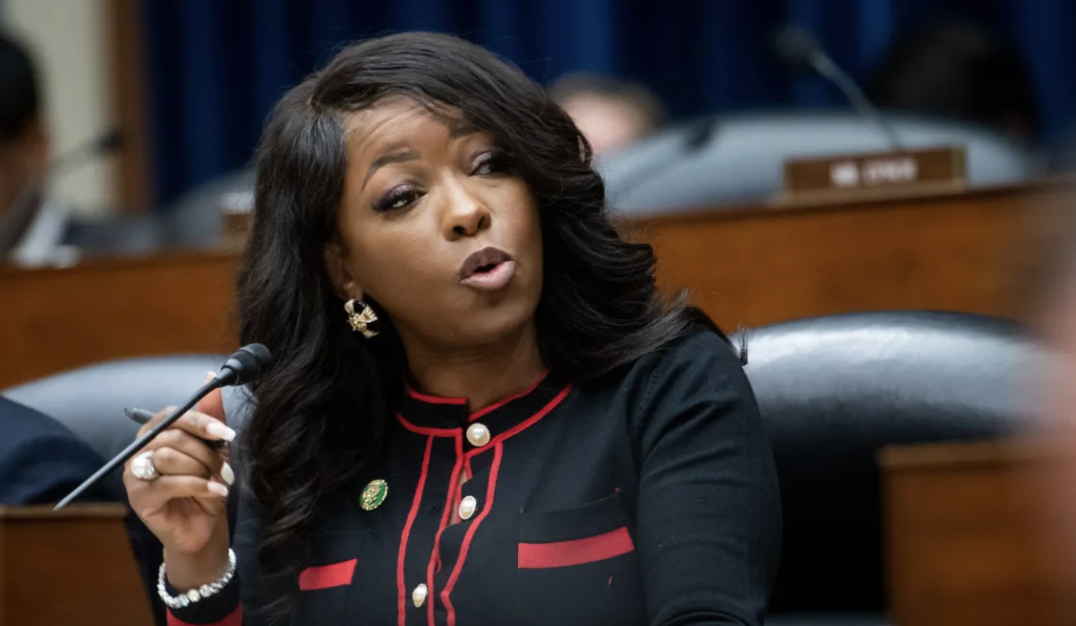Meta CEO Mark Zuckerberg announced a series of significant changes to the company’s content moderation policies and practices on Tuesday, emphasizing a shift toward prioritizing free speech and simplifying existing systems. The changes will impact Facebook, Instagram, and Threads, three of the world’s largest social media platforms.
The most notable change is the discontinuation of Meta’s fact-checking program, which previously worked with third-party organizations to review and rate the accuracy of posts. Instead, Meta will adopt a community-driven model similar to X’s (formerly Twitter) Community Notes system. Zuckerberg described the change as part of a broader effort to reduce mistakes in moderation and allow for more open expression on the platform.
In a video announcement, Zuckerberg explained the rationale behind the updates, citing concerns about errors in the current system and public dissatisfaction with censorship.
“We built a lot of complex systems to moderate content, but the problem with complex systems is they make mistakes,” he said. “Even if they accidentally censor just 1% of posts, that’s millions of people. We’ve reached a point where it’s just too many mistakes and too much censorship.”
Zuckerberg also announced that the company would loosen content restrictions on politically sensitive topics, such as immigration and gender while continuing to enforce strict policies against content related to drugs, terrorism, and child exploitation. Content moderation teams will be relocated from California to Texas as part of this reorganization.
In addition, Meta will restore more civic and political content to users’ feeds, reversing an earlier decision to downplay such posts due to user complaints. Zuckerberg noted that the shift reflects changing user preferences and a cultural pivot toward prioritizing open discourse.
“For a while, the community asked to see less politics because it was making people stressed,” Zuckerberg said. “But it feels like we’re in a new era now… We’re going to start phasing this back into Facebook, Instagram, and Threads.”
These policy changes align with Meta’s renewed focus on free speech, which Zuckerberg linked to the upcoming Trump administration. Meta plans to collaborate with President-elect Trump’s team to counter global trends of censorship, particularly those targeting American companies.
“The only way we can push back on this global trend is with the support of the U.S. government,” Zuckerberg said. “That’s why it’s been so difficult over the past four years when even the U.S. government has pushed for censorship.”
The decision to end the fact-checking program comes after years of criticism from conservative lawmakers who argued the system was biased against Republican viewpoints. Meta’s fact-checking program, launched in 2016, used over 90 certified organizations worldwide to flag misinformation, but critics claimed it often reflected partisan preferences.
Meta’s approach mirrors recent moves by other platforms, particularly X, which implemented a community-driven fact-checking system under CEO Elon Musk. While the model has drawn praise for promoting user engagement, it has also sparked debate over its effectiveness in combating misinformation.
Zuckerberg’s announcement follows Meta’s recent donation to President-elect Trump’s inaugural fund and the appointment of Joel Kaplan, a Republican, to lead its policy team. The company also added UFC President Dana White, a known Trump supporter, to its board of directors earlier this week. These moves suggest a strategic pivot to align with the incoming administration.
Meta’s revised policies come amid broader scrutiny of the tech industry’s relationship with the government. Congressional inquiries and legal challenges have spotlighted the intersection of social media moderation and governmental influence, particularly surrounding elections and public health topics.
Criticism of governmental pressure on platforms to moderate content gained traction after revelations of meetings between social media companies and federal agencies like the FBI. While the Supreme Court ruled against claims of unlawful coercion in June, these interactions remain a point of contention among Republicans.
NEW: Mark Zuckerberg announces massive new changes at META, admits the company went too far with censoring Americans.
Good.
Zuckerberg also said they are moving the content moderation team from California to Texas.
Here is what will be changing at Meta:
1. Meta will be… pic.twitter.com/RJelCRf3S5
— Collin Rugg (@CollinRugg) January 7, 2025
Meta’s policy shift reflects the debate over the balance between moderating harmful content and protecting free expression. The upcoming implementation of these changes is likely to spark further discussion about social media’s evolving role in public discussions.




